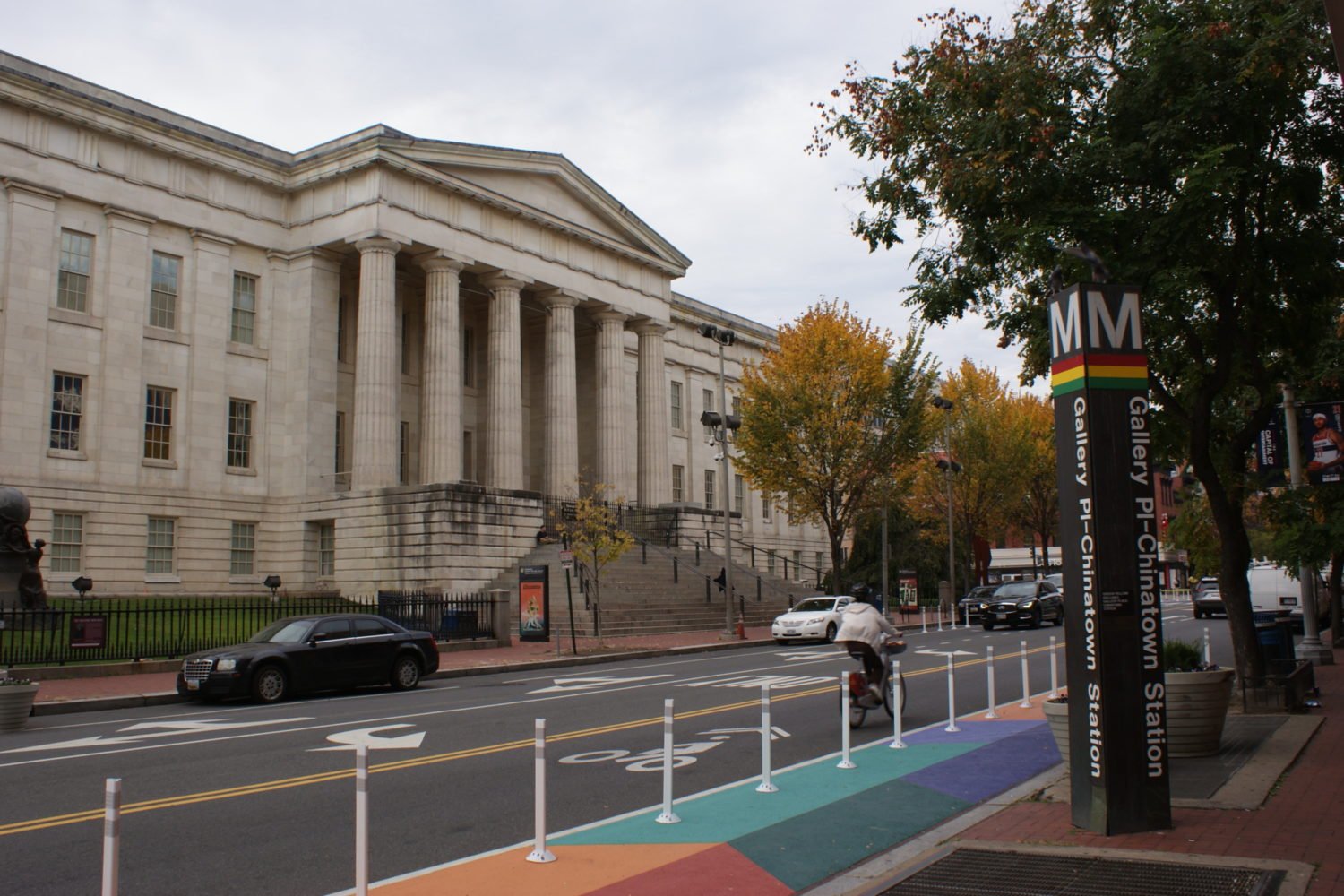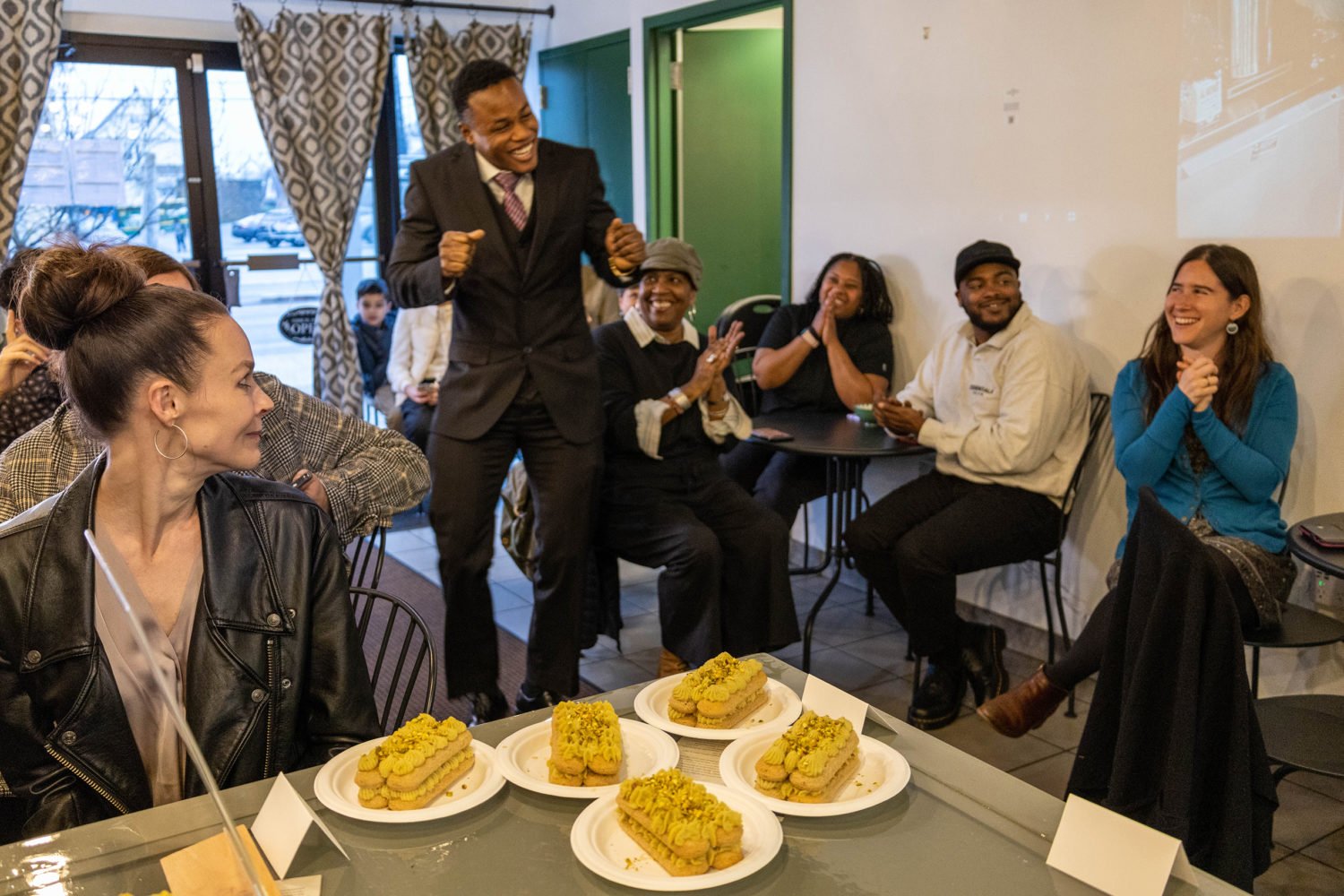The success of the Washington Post lies not in surveying readers or redesigning pages or repackaging sections. The tried-and-true way to attract readers is to showcase great reporting and writing.
Despite losing talent and experience to recent buyouts, the Post still has some of the best journalists in the business.
“There are plenty of young people with lots of energy and talent,” says Ellen McCarthy, 27, who came to the Post at age 21 and just switched from Business to Weekend. “It’s a great time to be here.”
Here’s a Washingtonian guide to the postbuyout Post —the new generation of Posties and the writers worth reading.
Three Danas:
• Dana Milbank—His political essays on page two of the A section amount to “the world according to Dana,” which can be funny or frustrating but always a good read.
• Dana Hedgpeth—She can draw readers into stories about commercial real-estate development.
• Dana Priest—Exposing the worst in spying and warfare, she practices journalism at its best.
Investigative taskmaster:
Investigative reporters are by nature a disgruntled breed, but they like and respect investigative editor Jeff Leen.
Nuclear nightmare:
A slip of a woman, Dafna Linzer cracks open the secret world of weapons of mass destruction.
Revealing the Redskins:
Howard Bryant will bring a fresh perspective to covering Dan Snyder’s drive to market the Redskins and have a winning season.
City beat:
Elissa Silverman knows the guts of DC’s John A. Wilson Building and its denizens.
Rock out:
In Style, movie critics Stephen Hunter and Ann Hornaday are among the best in the business, and new music critic J. Freedom du Lac writes reviews that my indie-rock daughter loves to read. Me, too.
Phil’s faves:
Managing editor Phil Bennett has anointed his future stars. They include White House correspondent Peter Baker; Outlook editor Susan Glasser (married to Baker); national writer Michael Grunwald, who worked with Bennett at the Boston Globe; environmental reporter Juliet Eilperin; David Finkel, national reporter who just won a Pulitzer; Rajiv Chandrasekaran, promoted by Bennett from Baghdad bureau chief to continuous-news editor; Anthony Shadid, who introduced readers to Iraq under siege; and Theola Labbé, whom he plucked from Metro and sent to Iraq shortly after the US attack.
Writers to read:
I asked Post writers and editors to pick their favorite new writers.
Metro: Josh Partlow, currently in Iraq; Ian Shapira; Del Quentin Wilber; Elizabeth Williamson; Ernesto Londoño; Theola Labbé; N.C. Aizenman; Tara Bahrampour; Stephanie McCrummen; Karin Brulliard.
Style: Libby Copeland, Bill Booth, Jose Antonio Vargas, Darragh Johnson.
Business: Neil Irwin, Yuki Noguchi, Annys Shin, Carrie Johnson. David Hilzenrath was a boy wonder 20 years ago and still is.
National: With its stable of veterans— Dan Balz, Jim VandeHei, Shailagh Murray, and others—the National section doesn’t have many newcomers except for political writer and blogger Chris Cillizza. Michelle Boorstein is the new voice in covering religion. Jonathan Wiseman seems to own the front page.
Best buyout deals:
Scores of reporters and editors left the paper to take the Post’s generous packages of salary and healthcare coverage. Here are some who will stay in the writing game:
Tom Edsall: The expert on money and politics will write for the New Republic and National Journal.
Political ace Charles Babcock will edit for Bloomberg News.
Foreign correspondent Daniel Williams will write for Bloomberg.
Pollster and columnist Richard Morin was scooped up by the Pew Research Center.
Science writer Guy Gugliotta has lined up assignments for National Geographic and is looking for more.
Columnists Al Kamen and Tom Shales took the money and ran back to their desks to keep writing on contract.
Lucian Perkins, top photographer for decades, returns on contract.

















